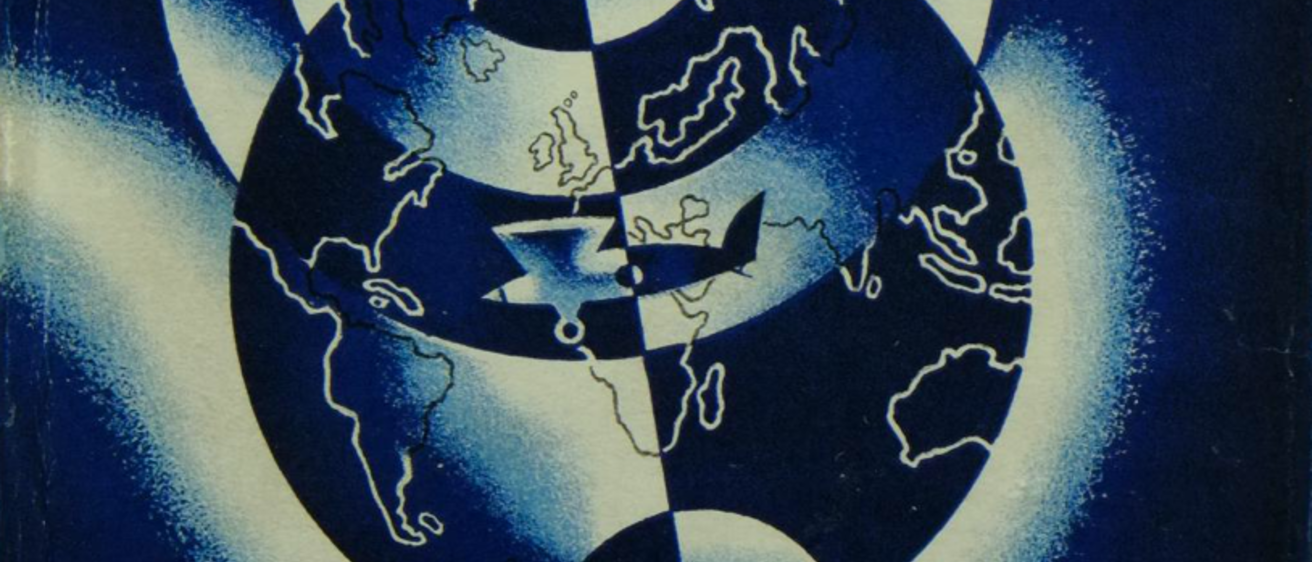At times it seems remarkable how Vladimir Putin brazenly messages what is rapidly becoming a genocide into a heroic existential struggle for the motherland.
Or is it that remarkable?
We see much the same thing here in this country, here in our state. Perhaps on issues of less moral importance and of less moral clarity than the Ukraine war, but it’s here nonetheless. It’s clear that the agricultural establishment views reality as less important than how that reality is communicated to its observers. During my brief four years working on the ag side, someone used to frequently tell me, “don’t listen to the rhetoric, it’s not important.” Looking back, I can see now that this in itself was rhetoric, a tonic we swallowed to reduce the nausea. It’s so painfully obvious now that rhetoric matters that it’s hardly even worth writing this sentence.
It would be wrong to say this contagion infects only agriculture. At various times throughout my career, I’ve heard people say, “If only we could make people understand that (the reality, whatever it might be) isn’t all that bad, and that it’s actually a good thing!” There are countless hardworking individuals in this country, but as a country, we’re lazy. Rather than do the hard work of improving reality, we’re content to pay ‘communicators’ to throw some words and images onto it, thinking so much spray tan will fool people into thinking we’re not old and fat and bald.
I was interviewed for a couple of recent media 'products', I will call them, that featured Iowa’s water quality within the backdrop of modern agriculture. These were targeted to national audiences. In the first couple of times through them, my feeling on both was, well done, nicely written, but basically, ‘same-old’ in the story that they told, i.e., hogs, nutrient pollution, fertilizer, Des Moines Water Works, etc. Almost every Iowan has seen media products on these topics on a pretty regular basis. National audiences—I couldn’t say.
I stewed on a couple of things while thinking about these pieces. Firstly, they were produced by ‘communicators’; how do I (or the public) reconcile contempt for agricultural artistry when it comes to the truth, with empathy for the communicators that are inclined to be industry critics? Obviously it matters whether or not the content is objectively correct. Is that all that matters?
It isn’t.
The great Aldous Huxley (Brave New World) said this: “Great is truth, but still greater, from a practical point of view, is silence about the truth. By simply not mentioning certain subjects, by lowering what (Winston) Churchill calls an ‘iron curtain’ between the masses and such facts or arguments as the local political bosses regard as undesirable, totalitarian propagandists have influenced opinion much more effectively than they could have done by the most eloquent denunciations, the most compelling of logical rebuttals. If persecution, liquidation and other symptoms of social friction are to be avoided, the positive sides of propaganda must be made as effective as the negative. The most important Manhattan Projects of the future will be vast government-sponsored enquiries into what the politicians and the participating scientists will call the ‘problem of happiness’—in other words, the problem of making people love their servitude. Without economic security, the love of servitude cannot possibly come into existence; for the sake of brevity, I assume that the all-powerful executive and its managers will succeed in solving the problem of permanent security.” Huxley wrote that in 1946. I thought about bolding ‘participating scientists’, but didn’t.

It hit me this morning that this is what Iowa’s relationship with agriculture is about, and what isn’t “same old” about the two aforementioned media pieces. Whether intended or not, the pieces crystallized (for me anyway) Iowa’s servitude to agriculture, even though the industry occupies a much smaller piece of our economy as many might believe, and some dishonest few would have you think. They want us to think that without them, our livings, and our lives, would become insecure. This is why we tolerate the pollution that is so maddeningly apparent to our senses, day in, day out, year in, year out.
It's apparent that the corn ethanol industry is entering a new era—one where its credible use as a motor vehicle fuel will be challenged almost daily. There’s a lot of heated discussion on whether or not its use reduces greenhouse gas (GHG) emissions compared to gasoline. A recent paper (1) from the University of Wisconsin in the prestigious Proceedings of the National Academy of Science says it does not. My feeling up to this point, based on some of my own work, was that it does, modestly. What I want to tell you today is, it hardly matters. The benefits of its use relative to the environmental consequences of its production have always been at best suspect, and at worst, scandalous.
Iowa is the best place on earth to harness photosynthesis for the benefit of our species. We should try to do that here. But doing what we’re doing is an abomination. We grow only two plant species and use more than ½ of the calories produced to unnecessarily fuel engines. Because we can, and because it enriches a privileged few. And because we’re lazy. The opportunity costs of using 11,000 square miles of Iowa land and 60,000 nationwide for corn ethanol are huge. Ethanol is a distraction and our continued devotion to it is dangerous.
In Brave New World, ‘Soma’ is a drug that is handed out for free to all people for social control. A feeling of well-being is created by small doses; large doses send you on a pleasant trip and impart a sense of timelessness. People are encouraged to take it with pithy sayings like 'a gram is better than a damn.' Iowans, in the coming months and years, prepare yourself to be served up endless ethanol cocktails spiked with Soma roofies by the ag establishment to make you feel warm and fuzzy and climate friendly when you fill your gas tank.
- Lark, T.J., Hendricks, N.P., Smith, A., Pates, N., Spawn-Lee, S.A., Bougie, M., Booth, E.G., Kucharik, C.J. and Gibbs, H.K., 2022. Environmental outcomes of the US Renewable Fuel Standard. Proceedings of the National Academy of Sciences, 119(9), p.e2101084119.
